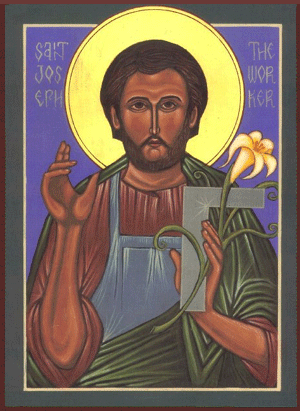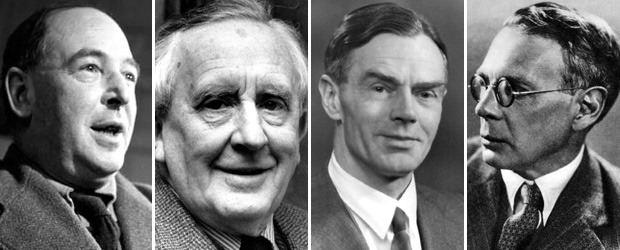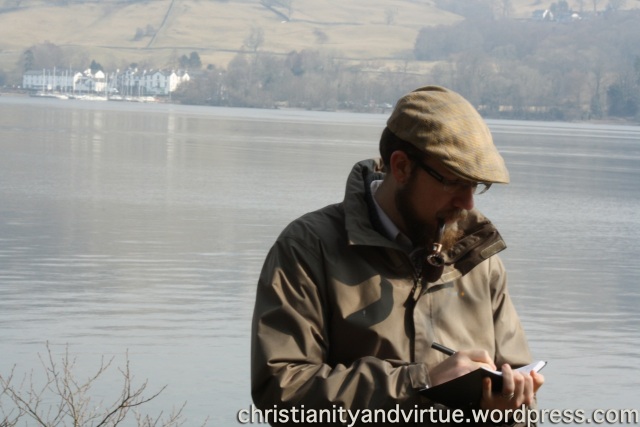David Russell Mosley
Lent
24 February 2015
The Edge of Elfland
Hudson, New Hampshire
Dear Friends and Family,
Here’s another list of links I’ve found interesting over the past week or so. Do enjoy.
“When we fast, we are changing and re-ordering our daily routine …
We are taking a step back from it.
We are saying that God’s Kingdom – the Cross and Resurrection of Jesus – calls us to ongoing, daily change in our lives.”
Lenten meditation: fasting from Catholicity and Covenant
‘At Christmas we are born again with Christ; at Easter we keep the Eucharistic Feast. In Lent, by penance, we join the two great sacraments together.’
“See, then, the Church offers you this season” from Catholicity and Covenant
‘”Self-denial, then, is a subject never out of place in Christian teaching; still more appropriate is it at a time like this, when we have entered upon the forty days of Lent, the season of the year set apart for fasting and humiliation …”‘
John Henry Newman quoted on Catholicity and Covenant
“Since we are now in Lent, it might be a good time to review the spiritual habit of fasting. Jesus clearly expected his followers to fast after he had gone, so it is odd that this is not a widespread habit amongst all Christians. To answer this, we need to ask some background questions. How often did the first Jesus-followers fast? Was it an occasional thing, focused on specific events or causes? Or was it something more habitual and regular, an integral part of their devotional life? And what was its significance?”
How often should we fast? from Psephizo
‘Szybist clearly struggles with what the Annunciation means for her. It seems to simultaneously empower and bind contemporary women with the high standards that it sets. These contradictions, these wounds, rub against each other so intensely in this collection that they produce the incarnadine (calling forth both incarnation and bleeding) of the title.’
“You are She Who is Not”: Szybist’s Incarnadine from Ethika Politika
“O New Martyrs, through a malevolent force as old as Eden you now number among the ancient holy ones; keep us particularly in your prayers, as once again we are focused on the mysterious lands where humanity first came into being, and into knowing, and where all will finally be revealed. Pray that we may put aside all that is irrelevant to the moment and, looking forever to the East, prepare our spirits for the engagements into which we may be called, whether we live amid these places of ancient roads and portals, or in the most modern of dwellings.
Mary, the God-bearer, pray for us,
Saint Michael the Archangel, pray for us,
Saint John the Forerunner, pray for us,
All Holy Men and Women, pray for us.
Amen, Amen.”
Holy Martyrs Killed by ISIS pray for us from The Catholic Dormitory
‘”We Christians dare to look at our sinfulness only in the light of God. Repentance involves looking at myself through his eyes, with the goal of giving myself totally to him, step by step. It is a way of marveling at the greatness of God, which I can discover by admitting my smallness; it is a way of discovering God‘s infinite love for me, a sinner; it is the path to love-in-practice, as I learn to be as merciful to others as he is to me. In other words, repentance is not about self-improvement. It is about growth in God.”‘
Quoted on Repentance is the Daughter of Hope and the Refusal to Despair from Cosmos the in Lost
‘We may not like the way that divine love calls us to accept death, but perhaps during this Lenten season we can practice the path that Christ’s love takes toward Good Friday. When we accept this necessary death, we may begin to learn with the grain of the universe. Balthasar, drawing on a metaphor that Jesus himself uses, notes that “the formative power of Christ lies in the formlessness of the grain of wheat that dies and wastes away in the hummus, the grain that rises again, not in its own form but in that of the stalk of wheat” (137). When we die to our selfish desires—whether for power or profit-margin—we can be raised in the form of Christ’s beauty. And then we will be attuned to the music of the spheres, ready to experience the joy of recognition when we glimpse the watermark of divine love in all creation.’
Balthasar Sandbox 5: Sacramental Education from Christ & University
‘We don’t seem to have much of a heart these days for seeing love as anything other than pure affirmation of another. Loving another means not hurting their feelings, not telling them they are wronging someone else when they do, allowing them to hurt themselves because to confront them isn’t loving. The dangers of this love, which is love in name only, is that our being in community with one another demands we look out for others.’
Lenten Wisdom From the Desert Day 6 from And There Is Every Quest
‘”Our particular village was in a deep narrow valley with woods all round it and a rushing stream that grew louder as the night came on. Then comes the time when you have to strike a light (with difficulties) in order to read the maps: and when the match fizzles out, you realize for the first time how dark it really is: and as you go away, the village fixes itself in your mind – for enjoyment ten, twenty, or thirty years bend – as a place of impossible peace and dreaminess.”‘
C. S. Lewis quoted on Stories and Soliloquies
‘”Fasting cleanses the soul, raises the mind, subjects one’s flesh to the spirit, renders the heart contrite and humble, scatters the clouds of concupiscence, quenches the fire of lust, and kindles the true light of chastity. Enter again into yourself.'”
St Augustine quoted on Catholic Cravings
‘May Saint Polycarp intercede for us and give us the strength and courage to bear witness to the Faith in the face of opposition and persecution.’
ST. POLYCARP’S ENDURING LESSON from Word on Fire
I hope you enjoy! Let me know what articles or blog posts you’ve found interesting recently?
Sincerely yours,
David







